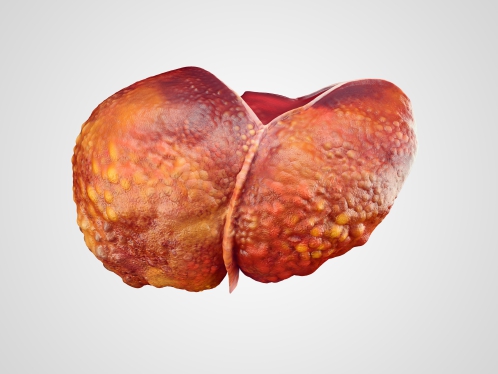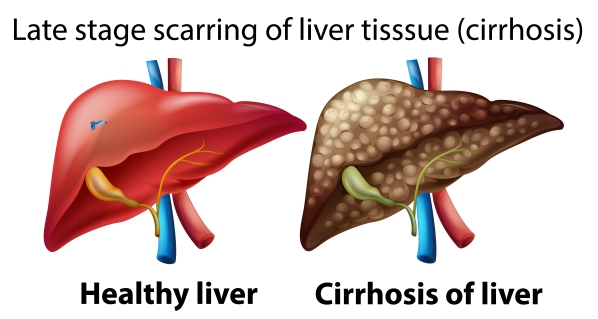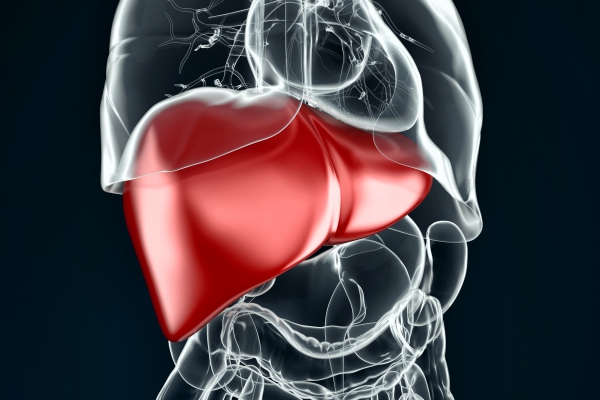Hepatitis, Liver disorder, Inflammation of the liver, Viral infection
Description : Hepatitis is when your liver is inflamed, most commonly due to a viral infection or some other
Article Details :
What is Hepatitis?
Hepatitis is when your liver is inflamed, most commonly due to a viral infection or some other causes. It can also result from medications, drugs or alcohol abuse. However, the resulting symptoms are almost similar.
The liver is an essential organ found in the right upper abdomen and is responsible for many important functions in your body namely digestive functions, removal of toxins from the body, activation of important enzymes, manufacture of essential proteins in the blood and last but not least, synthesis of factors needed for blood clotting. When your liver is inflamed, these functions are impaired resulting in a variety of signs and symptoms.
Hepatitis affects over 4 million of people in the United States and is undiagnosed in many cases. Management of hepatitis depends on your underlying cause and lifestyle.
Causes and risk factors of viral hepatitis
Infectious type of hepatitis is caused by the hepatitis virus. There are five types of viruses known to cause the inflammation of your liver namely hepatitis A, B, C, D, and E virus.
Hepatitis A
Hepatitis A is highly contagious and usually occurs in epidemics. It is transmitted through contaminated food or water. This arises most commonly in developing countries with poor sanitation or overcrowding. It is not transmitted through air droplets when sneezing or coughing. Hepatitis A virus (HAV) can also be transmitted through sexual contact.
Hepatitis B
Hepatitis B, caused by the hepatitis B virus (HBV), is a serious type of liver inflammation which results in a more chronic type of disease. The virus is transmitted from person to person through infected bodily fluids such as semen, blood or other bodily fluids. Therefore, it can spread through sexual contact, sharing of needles in intravenous drug users and accidental needle pricks. It can also be transmitted from an infected mother to her child during childbirth.
Hepatitis C
Hepatitis C virus (HCV) most commonly spreads through contaminated blood. It is transmitted through needles in intravenous drug users and through blood transfusions. It can also result from organ transplants. Very rarely, hepatitis C is transmitted during sexual intercourse. Most patients with Hepatitis C have no symptoms. However, it can follow a chronic course and lead to further complications.
Hepatitis D
This is a form of hepatitis caused by the hepatitis D virus (HDV). This causes a serious type of disease and is transmitted through contact with contaminated blood. Despite being severe, it is a rare form of hepatitis which only occurs together with hepatitis B infection.
Hepatitis E
Similar to hepatitis A, the type of disease caused by hepatitis E virus (HEV), is transmitted through contaminated water or food. The virus is generally found in fecal matter which can cause contamination of water supplies. HEV is also most common in areas of poor sanitation.
Other causes of Hepatitis
Inflammation of the liver can arise due to alcohol abuse. This is also known as alcoholic hepatitis. The excess alcohol cause damage and stress to your liver cells which, if not managed properly, can result in irreversible damage to your liver including scarring of your liver tissue. Through the same mechanism, certain drugs or medications can lead to hepatitis.
Certain autoimmune conditions can also result in hepatitis. This is when your own immune system perceives your liver as harmful and attacks it. Women are more prone to have autoimmune hepatitis compared to men. Whatever the underlying cause is, hepatitis always causes impaired functioning of your liver.
Signs and symptoms of hepatitis
Some types of hepatitis such as hepatitis B and C may not manifest symptoms at the beginning of the disease. However, symptoms start to appear as the disease progresses. These may include:
- Fatigue
- Nausea and vomiting
- Abdominal pain and tender right upper abdomen
- Loss of appetite
- Fever
- Dark urine
- Pale stools
- Jaundice present as yellow skin or yellow sclera (whitish part of your eye)
- Itchy skin
- Weakness
- Weight loss
- Distended abdomen due to accumulation of fluid (Ascites)
Signs and symptoms will greatly vary on the extent and progress of the disease.
Making a diagnosis
Even if the different types of hepatitis can present with similar symptoms, it is important to know exactly the underlying cause in order to initiate appropriate treatment as needed.
Like for any other disease, your doctor will start by taking a good medical history. This will guide him/her towards an infectious or non-infectious type of hepatitis. Following the history, your doctor will examine you and more particularly your abdomen. Further tests may also be ordered to confirm the diagnosis. These tests include:
- Liver function tests: Your liver normally secretes enzymes in your blood which take part in several functions. If you have hepatitis, these enzymes are most likely to be elevated. Therefore, liver function tests are useful to assess how Read more















